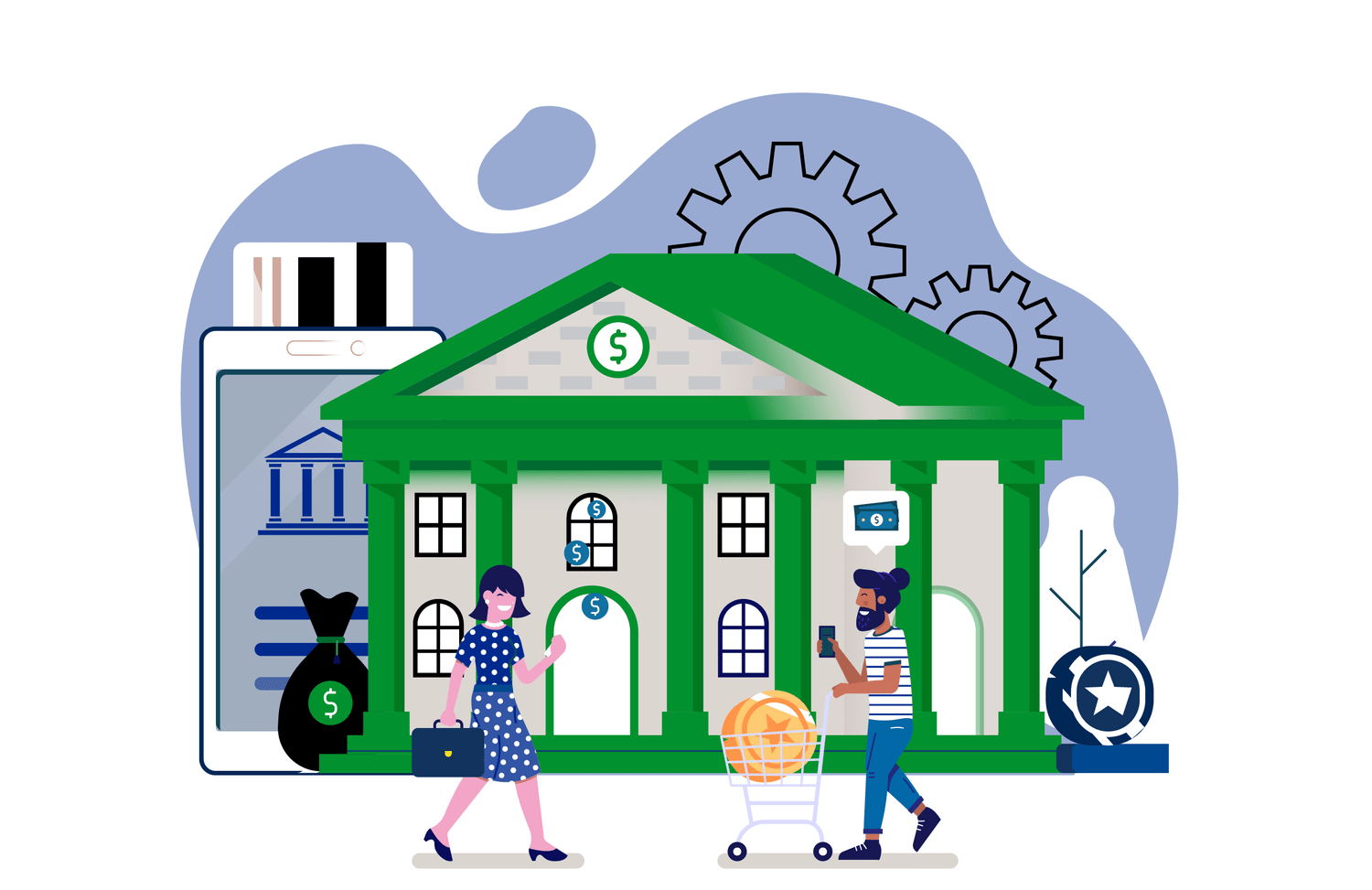Top 4 Ways to Use Your Stimulus Money
With President Joe Biden’s $1.9 trillion stimulus package – the American Rescue Plan Act of 2021 signed into law; many Americans have received a third stimulus check. Eligible individuals can expect to receive $1,400, with eligible households receiving $2,800 per couple and an additional $1,400 per dependent. The new legislation provides a qualified – family of four with the most significant amount of aid yet, receiving as much as $5,600 in stimulus payments.

These stimulus checks provide a much-needed lifeline for many American families, as the pandemic has destroyed millions of families’ incomes and livelihoods across the U.S.
If you haven’t received your payment yet, you can track the progress via the IRS’ Get My Payment search tool. Enter the required information into the online tool, and you’ll find out when and how you can expect your payment.
Like one of the near 160 million Americans receiving a stimulus check, you may find yourself wondering what to do with your money; we have some suggestions for you.
It’s important to note that for those who are going through financial hardships, the priority should be to cover the basics. Others who have been more fortunate and less affected economically can put the extra money to other uses.
1. Cover the essentials
If you’ve been going through financial hardships due to loss of income or increased expenses, consider using your stimulus check towards covering your necessities – recurring bills, such as groceries, mortgage, car payments, utilities, and insurance. Your essentials include any regular expenses that fall under needs and not wants.
Basic needs should be your first and only priority. If you anticipate needing the money soon to cover your necessities, make sure to keep the money in an account that’s immediately accessible such as your checking or savings account.
2. Pay down some debt
Once you have your basic needs covered, it’s time to look into paying down some debt. More specifically, credit card debt – you’re not alone if you had to borrow money to get through the difficulties of this past year. According to the Center for Macroeconomics Data, Americans collectively have over $4 trillion in non-housing debt, of which $8 billion is in credit card debt.
Paying down any debt is the way to go, giving the uncertainty of the year ahead, but it will also increase your net worth. Focus on prioritizing any debt with high-interest rates such as credit cards and personal loans.
By now, you are probably wondering about investing? And we will get to that, but first, focus on paying off any debt with interest over 5% before investing.
3. Build an emergency fund
If we learned anything from 2020 is that we should prepare for the unexpected. Unexpected out-of-our control events can happen at any time. Ideally, you want to build up at least six months of living expenses. But don’t let that considerable number stop you from starting small. We suggest breaking the time frame down and focusing first on having at least three months worth of living expenses saved. Emergency funds can take some time to build, especially if you find yourself starting from scratch, but you’ll feel more financially secure and at ease as you get closer and closer to your target balance.
Emergencies are just that, emergencies, which are challenging to plan for in advance. Having an established emergency fund could prove essential and come in handy if your employment situation changes or any emergencies pop up in the future.
4. Invest
Despite lawmakers and financial advisors across the country like Suze Orman – Money Podcast Host, and better known as the world’s finance expert urging everyone not to invest the stimulus money – calmly focus and invest in your future. So long as everything we’ve discussed so far is covered.
Ideally, lawmakers would want you to spend your stimulus check. Their purpose is to stimulate the economy. If you have your essentials covered, low or non-existing credit card or personal loan debt, and have a fully-funded emergency fund – preferably more than eight months, then feel free and invest in your future self and put your money to work for you.
For parents, consider opening a 529 plan for your child. This money can grow tax-free and can be used to save and invest for future higher education expenses of a designated beneficiary. Anyone can contribute to the plan (thinking grandparents, aunts, and uncles), and there are no income limits on contributions.
You can also invest in yourself in the long term and open an IRA retirement account or other types of long-term investment accounts. Invest little by little periodically when possible and let that money grow over time. Reap the benefits of compound interest, and you could have a nice nest egg by the time you retire.
The stimulus checks that began hitting bank accounts last week are a much-anticipated relief for millions of Americans affected by the impact of the pandemic. It was a topic of debate between lawmakers in Washington for months. Evaluate the best way to use your stimulus check depending on your financial situation, see where you stand, and work your way through the list.





